Fieldwork
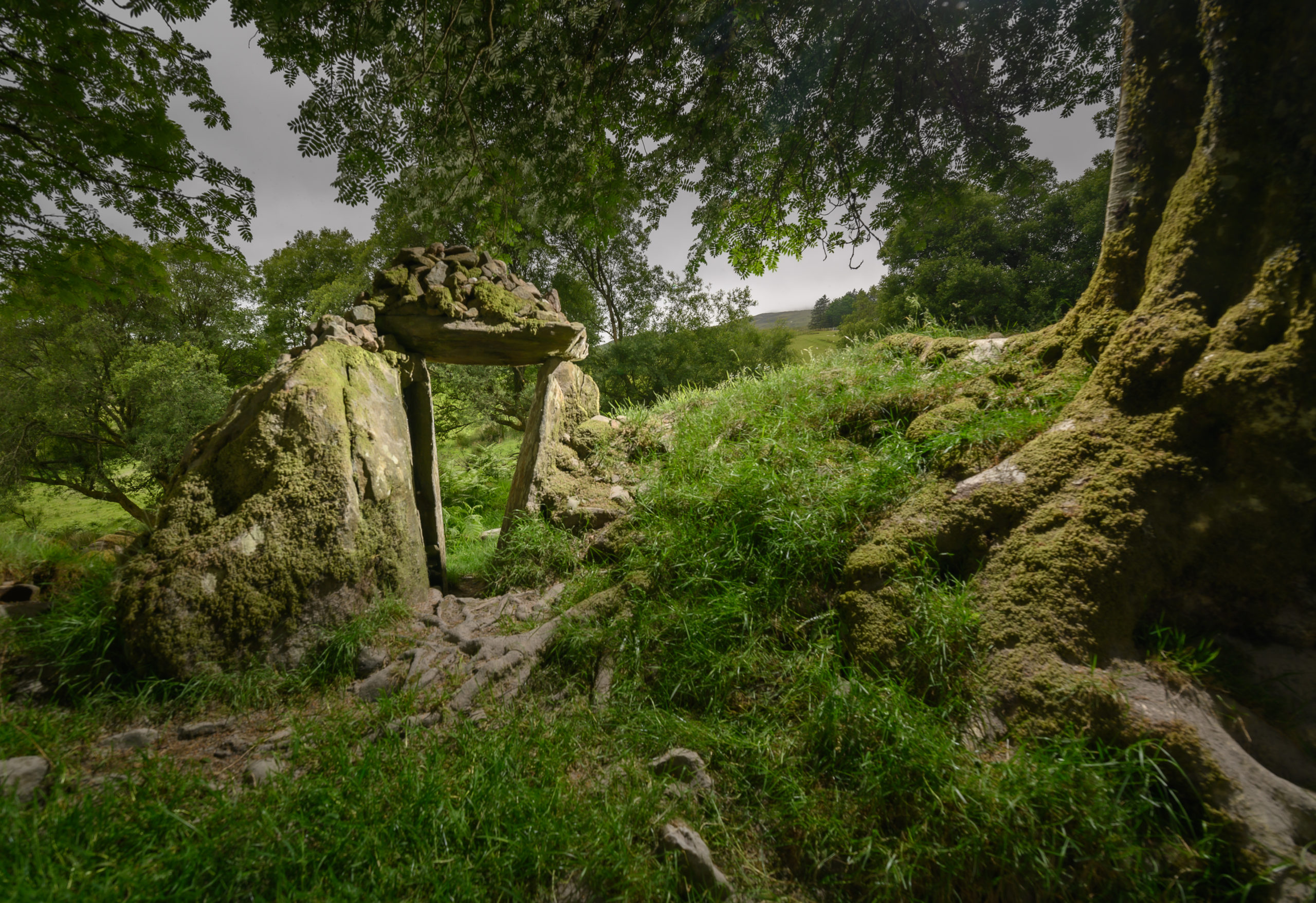
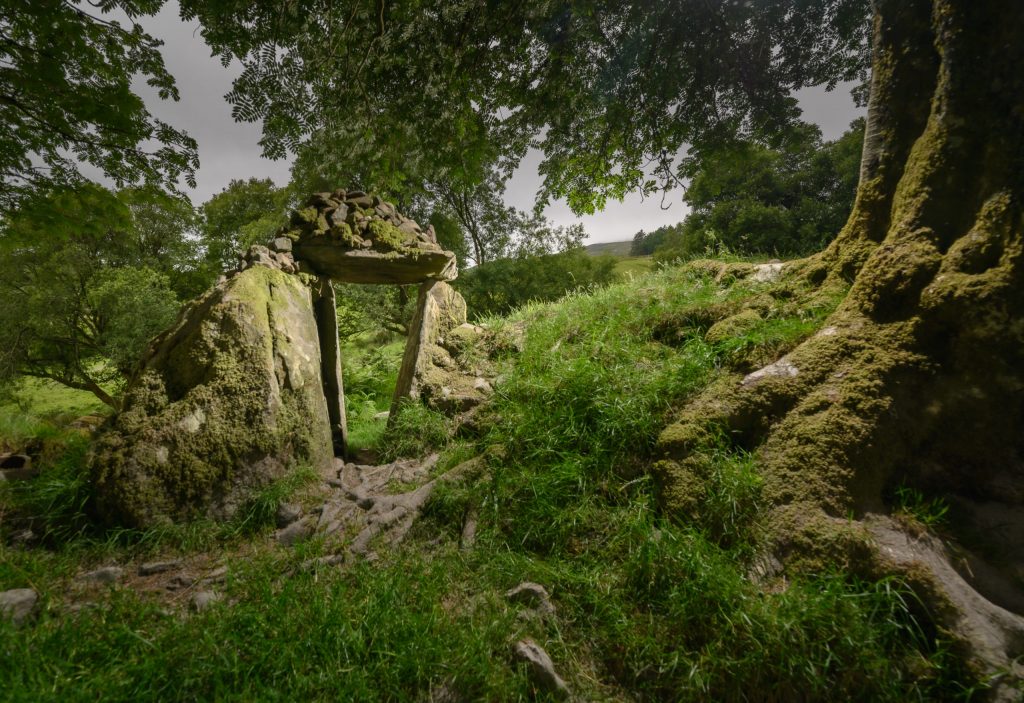
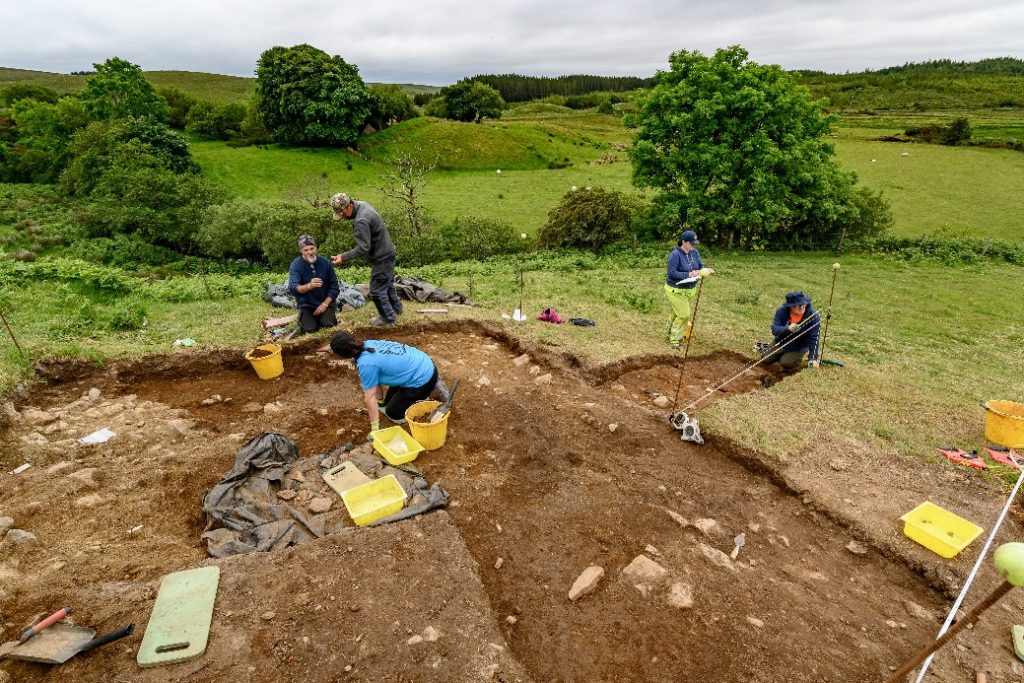
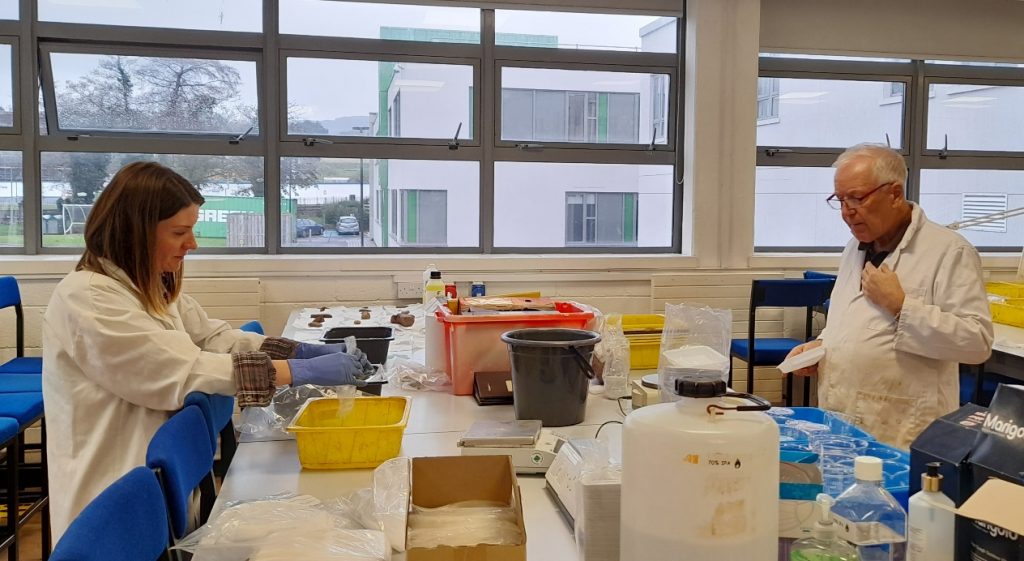
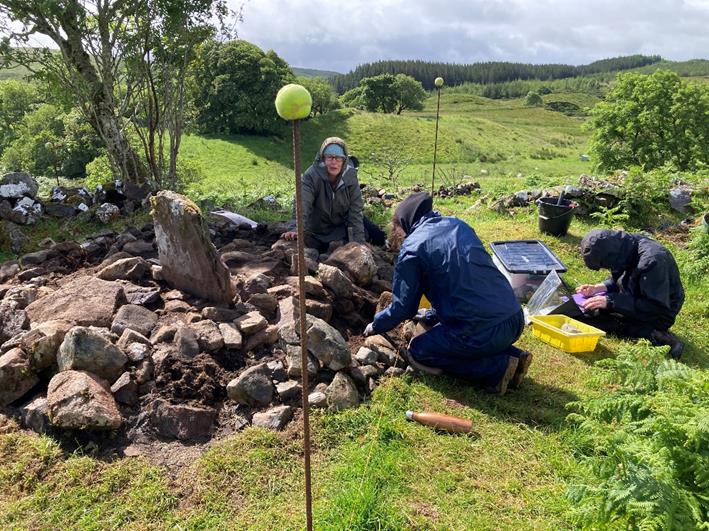
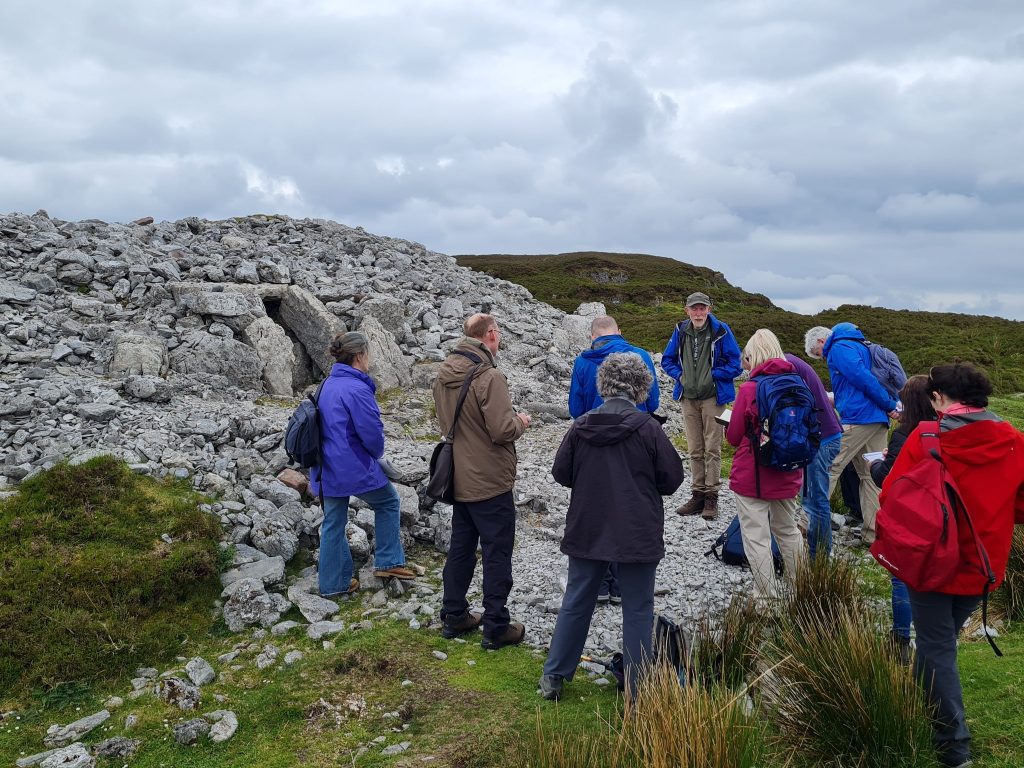
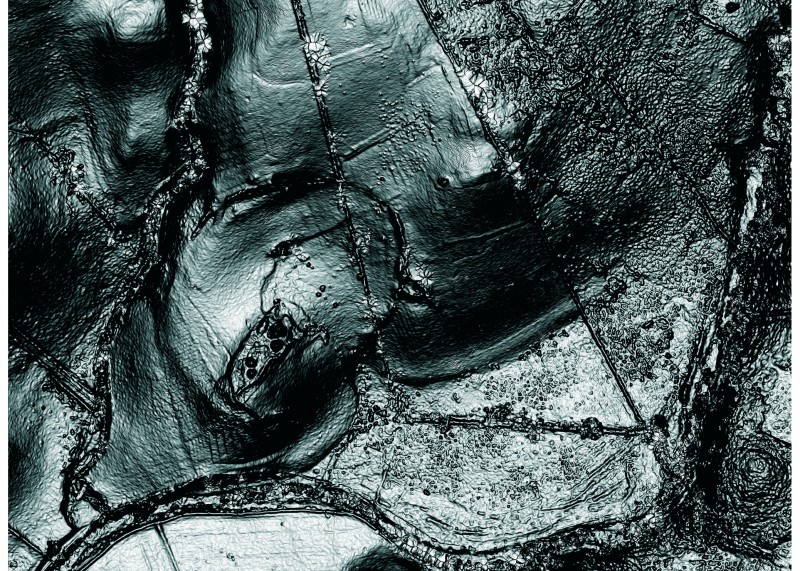
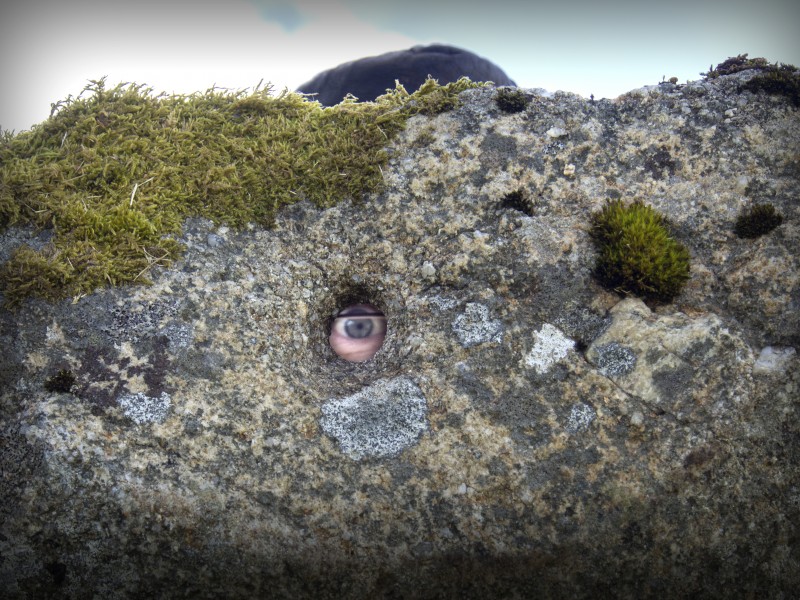
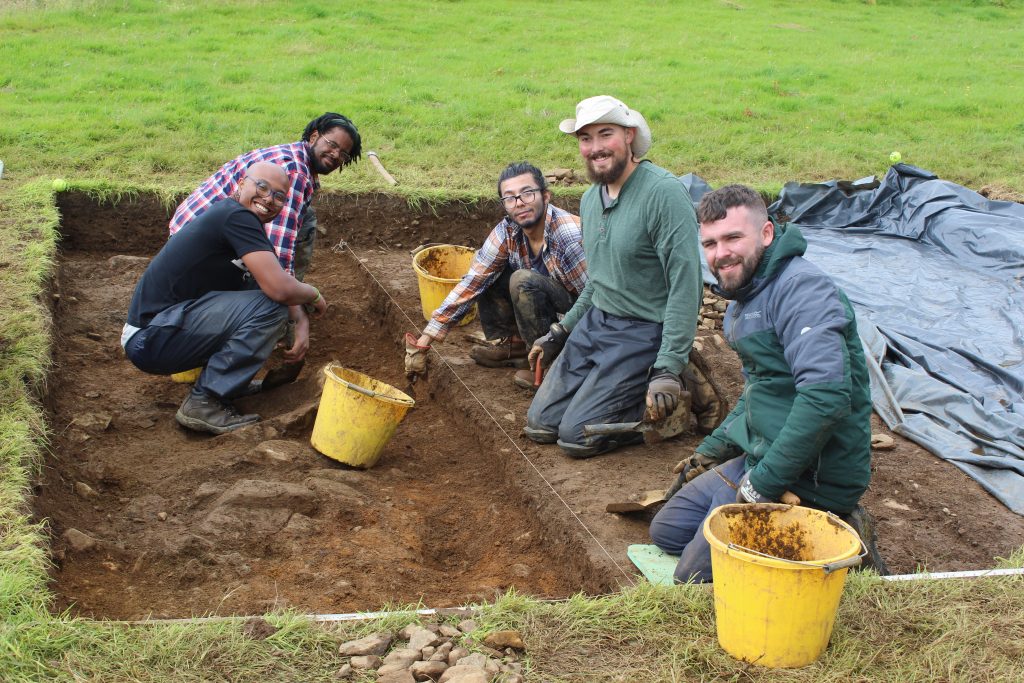
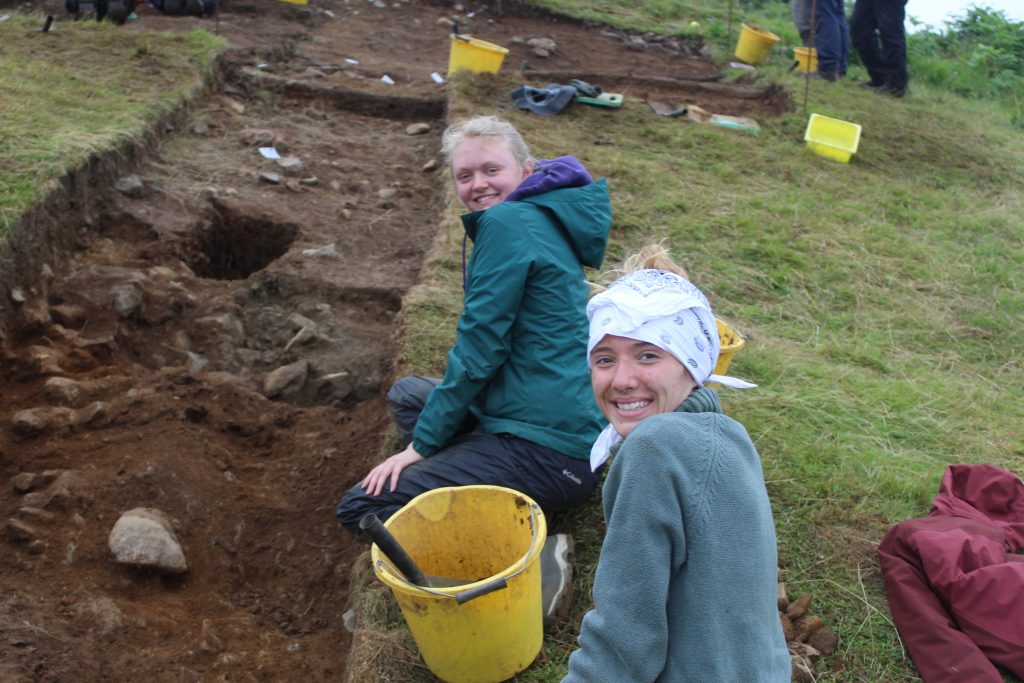
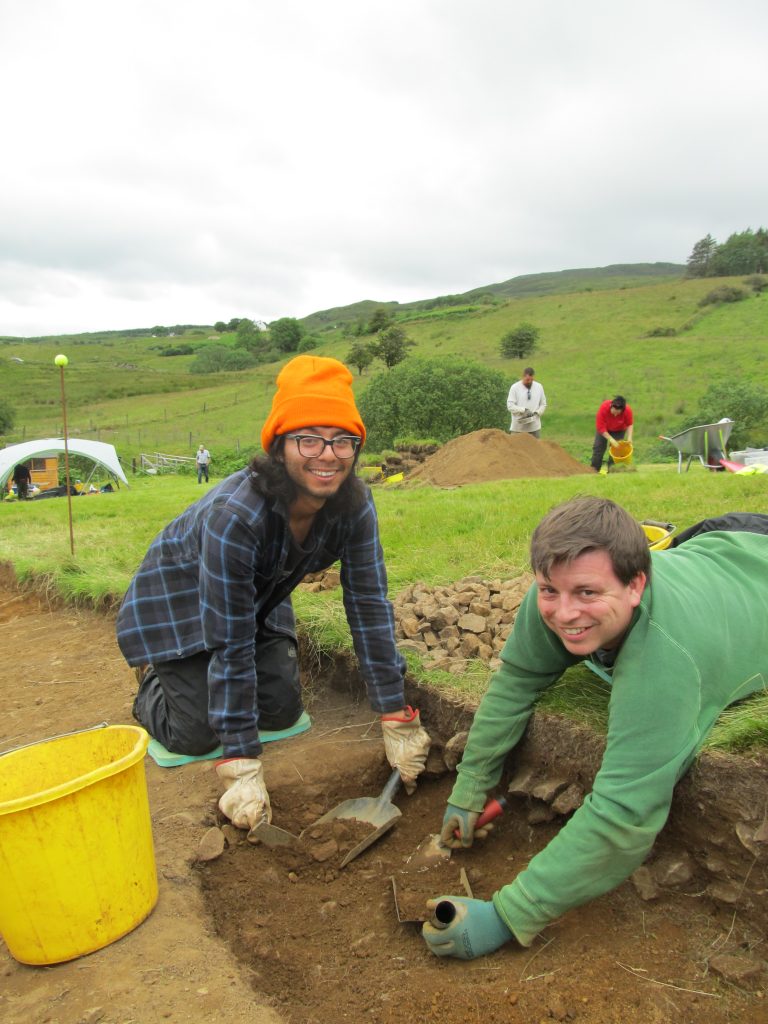
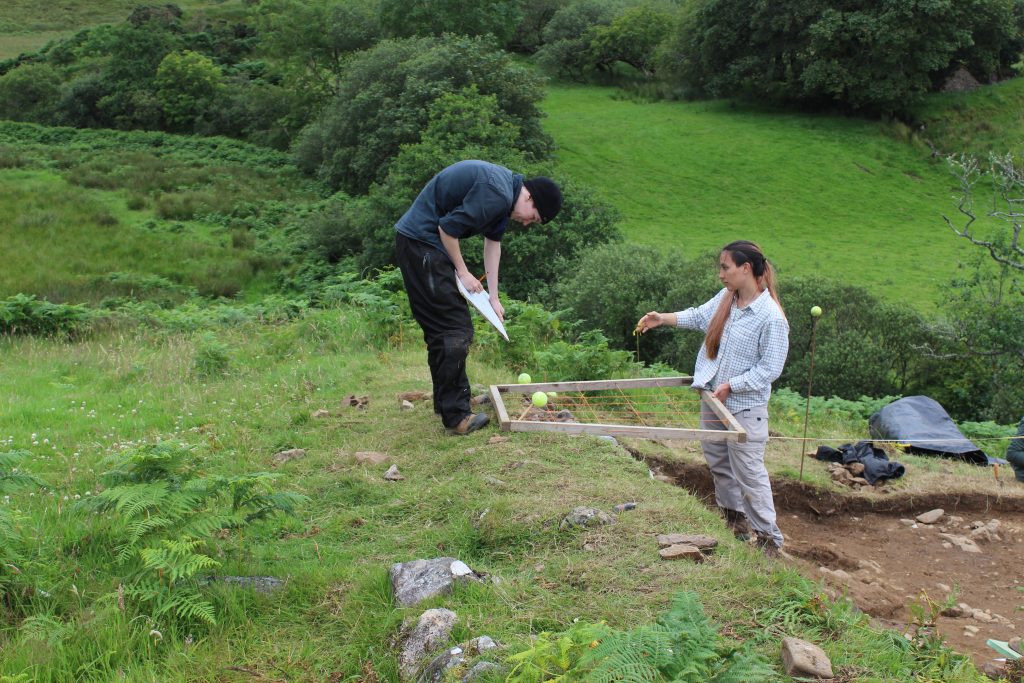
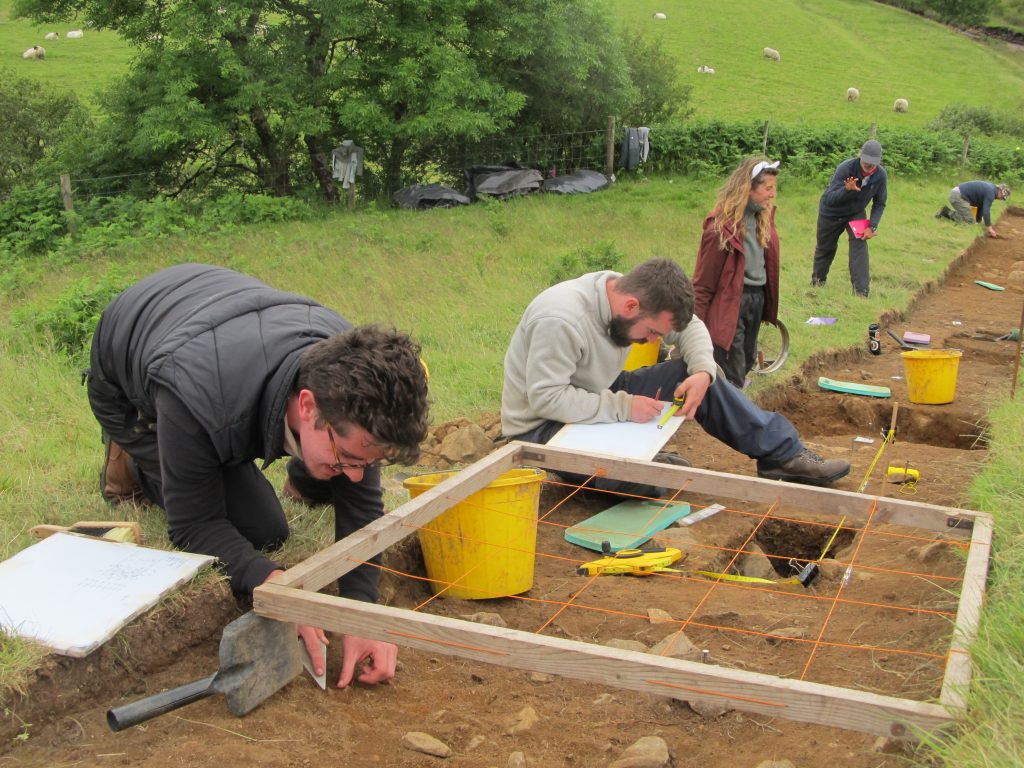
Location: Donegal Town, DG, IE
Season: February 26, 2024 to July 16, 2024
Session Dates: In the field and lab 20 May - 21 June 2024
Deadline Type: Rolling
Website: https://www.atu.ie/flexible-learning-courses-in-archaeology
Program Type:
Field School
RPA Certified:
No
Affiliation:
ATU Sligo, Ireland, California State University LA
Project Director:
Dr Fiona Beglane with Dr Marion Dowd and Dr René Vellanoweth
Project Description:
Disert is a ritual pilgrimage landscape in Co. Donegal, that includes a series of early ecclesiastical enclosures, penitential cairns, a holy well dedicated to St Colmcille (also known as St Columba), a post-medieval altar and a cillín (children’s graveyard). It may date to as early as the sixth century AD when it was reputedly founded by St Colmcille, however there is also evidence for prehistoric activity. Disert is still important today for religious devotion and for pilgrims seeking cures associated with the well water, soil and monuments. The site lies directly under Carnaween Mountain, another pilgrimage site, which has deep folkloric associations with the legendary Fionn MacCumhaill (Finn MacCool). In 1611 Niall O’Boyle, Bishop of Raphoe died at Gleann Eidhnighe (Glen Eany), most likely at Disert, suggesting occupation at that time. Although owned by the Church of Ireland, this isolated place was used for secret Roman Catholic worship during Penal times in the seventeenth and eighteenth centuries. Pilgrimage has been an aspect of Irish life from prehistoric to modern times and sites like Disert played a key role in this. With such a rich history, Disert is of great archaeological and historical importance.
In 2024 the excavation will examine the enigmatic ‘arch’ enclosure. This previously unexcavated feature, abutting the main ecclesiastical enclosure, has been variously suggested to be the remains of a megalithic tomb, a hermit’s retreat, or a sheep pen. The aim will be to determine the dating and nature of the enclosure. Students will contribute to this overall aim through their input to the survey, excavation and recording work on site. Disert is visited regularly by tourists, and students will also have the opportunity to develop skills in explaining heritage to members of the public.
The Study Tour (20 – 31 May 2024)
This module involves touring the spectacular landscapes of the northwest of Ireland for ten days to examine a full range of Irish archaeological field monuments and a number of visitor centres. Students will learn first-hand about Irish archaeological field monuments and their contexts in the wider landscape and build their knowledge of Irish culture through this study tour.
The Excavation (3 -14 June 2024)
Survey work at Disert started in 2016, and a series of excavations took place between 2019 and 2022. These yielded considerable evidence for nineteenth and early twentieth century lazy-bed agriculture and dairying in and around this formerly sacred land. They shed light on population growth and the need for land at this time, which led to the expansion of settlement into marginal areas. Intriguingly, prehistoric stone tools were found, providing the first evidence for pre-Christian activity at Disert. Excavation of the main ditch surrounding the early medieval ecclesiastical enclosure shows that it was dated to the early seventh century. This was later reused with evidence for a number of hearths and craftworking activity dating to the tenth century. Excavation of three cairns on the site showed that two of these supported upright slabs, possibly reused early medieval cross slabs, and that these cairns originated in the late medieval/post-medieval periods.
In 2024 the excavation will examine the enigmatic ‘arch’ enclosure. This previously unexcavated feature, abutting the main ecclesiastical enclosure, has been variously suggested to be the remains of a megalithic tomb, a hermit’s retreat, or a sheep pen. The aim will be to determine the dating and nature of the enclosure. Students will contribute to this overall aim through their input to the survey, excavation and recording work on site. Disert is visited regularly by tourists, and students will also have the opportunity to develop skills in explaining heritage to members of the public.
The Post-excavation Analysis (17-21 June 2024)
Post-excavation analysis will take place in the Archaeology Lab at ATU Sligo. Students will undertake essential tasks such as washing artefacts and ecofacts; processing soils for specialist analysis; preparing stratigraphic matrices and reports; illustrating and photographing artefacts. They will gain an awareness of the component parts of the post excavation process and the roles played by various specialists. They will contribute material for creation of the final excavation report and ultimately work towards bringing an excavation to full publication, and the preparation of the archive for final deposition in the National Museum of Ireland.
Period(s) of Occupation: Historical archaeology: early medieval period through to the post-medieval and modern periods. Some tantalising evidence of prehistoric activity. This is a true multi-period site that is still in use by the community today.
Notes:
Online classes (2 hours per week) commence from late February 2024. By completing the theoretical aspects of the course online, and in advance of the field school, students gain the maximum benefit from their time in the field. Students then attend practical sessions in Sligo and Donegal in May-June 2024. By the end of the programme, students will have gained hands-on experience excavating on this wonderful medieval and post-medieval site and will understand what is involved in post-excavation analysis and how these fit into a larger research project. Students will also have a knowledge of Irish archaeology and history, with a particular focus on the landscapes of NW Ireland. The Certificate in Archaeological Field Studies (International) and Certificate in Archaeological Excavation and Post-Excavation (International) are targeted particularly at overseas students of archaeology and/or anthropology, who require transferable academic credit to complete degrees at their home institution.
Project Size: 1-24 participants
Minimum Length of Stay for Volunteers: 3 weeks excavation and post-excavation, or 5 weeks full programme
Minimum Age: 18
Experience Required: None. This field school will give you the opportunity to develop a range of skills, and for those with prior archaeological experience, to build upon those skills and develop them further.
Room and Board Arrangements:
Accommodation and food are not included but suitable facilities will be recommended at the online sessions. This allows students to suit their own budget and needs, and to share accommodation if they wish to do so. Some meals may be provided at social events.
The study tour will consist of daily fieldtrips departing from ATU Sligo. During the excavation a bus will bring students between Donegal Town and Disert daily. Post-excavation analysis will take place at ATU Sligo. Those without their own transport will need to stay within walking distance of the daily pick-up points.
Academic Credit:
12 to 15 ECTS (European Credit Transfers) Equivalent to 6 to 9 US Semester Credits.
Dr Fiona Beglane
Atlantic Technological University Sligo
Sligo
Ireland
F91 YW50
Ireland
The AIA is North America's largest and oldest nonprofit organization dedicated to archaeology. The Institute advances awareness, education, fieldwork, preservation, publication, and research of archaeological sites and cultural heritage throughout the world. Your contribution makes a difference.